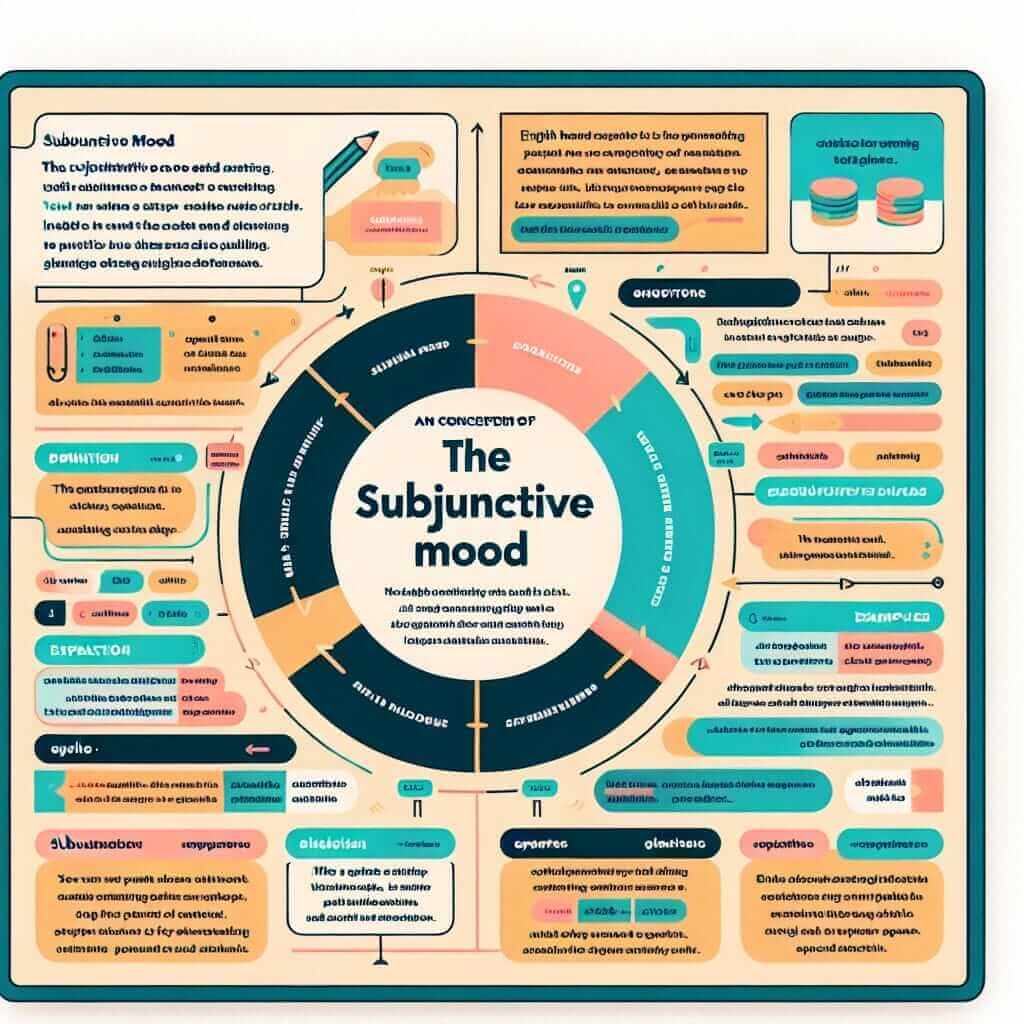Have you ever wondered about the nuances of phrases like “If I were to choose…”? This construction, known as the subjunctive mood, can significantly enhance your IELTS writing and speaking, particularly when expressing hypothetical situations or polite suggestions. Let’s delve into its intricacies and explore how it can elevate your IELTS performance.
For instance, consider these examples and their application in different sections of the IELTS exam:
-
Speaking (Part 3): “If I were to choose between living in a bustling city and a peaceful countryside, I would opt for the latter due to its tranquility and slower pace of life.” (Here, the subjunctive mood allows you to express a hypothetical preference.)
-
Writing (Task 2): “Some argue that globalization leads to cultural homogenization. However, were we to embrace cultural exchange while preserving local traditions, we could foster a more vibrant and diverse global community.” (In this case, the subjunctive mood adds a layer of formality and persuasive effect to the argument.)
-
Listening: You might hear phrases like “If I were in your shoes…” or “If they were to implement this policy…” in various listening scenarios. Recognizing the subjunctive mood can help you understand the speaker’s hypothetical situations and perspectives.
Understanding the Subjunctive Mood in IELTS
The subjunctive mood, often overlooked by English learners, is crucial for expressing hypothetical situations, wishes, or statements that are contrary to reality. In the context of IELTS, mastering the subjunctive mood allows you to:
- Demonstrate a nuanced understanding of grammatical structures.
- Express complex ideas with greater clarity and precision.
- Add a touch of formality and sophistication to your language.
Structure and Application of “If I Were to Choose…”
The structure of the subjunctive mood in this context is as follows:
If + subject + were + to + base form of verb, subject + would/could/might + base form of verb.
Breakdown:
- “If I were to…”: This sets up the hypothetical situation. Notice the use of “were” with all subjects, even singular ones like “I” or “he/she.”
- “I would/could/might…”: This part indicates the result or consequence of the hypothetical situation.
Examples:
- Formal suggestion: “If the government were to invest in renewable energy, it could create new jobs and combat climate change.”
- Hypothetical situation: “If I were to win the lottery, I would travel the world.”
- Polite request: “If you were to finish the report by tomorrow, I would be most grateful.”

Utilizing the Subjunctive Mood for a Higher Band Score
To truly impress the IELTS examiner and achieve a higher band score, consider these tips:
- Vary your sentence structure: Instead of always using “If I were to…,” consider alternatives like “Should I…” or “Were I to…”.
- Combine with other grammatical structures: For example, “If the company were to implement this strategy, it could potentially double its profits.”
- Use it naturally and appropriately: Avoid overusing the subjunctive mood. Instead, focus on incorporating it seamlessly into your writing and speaking where it feels most natural.
Common Mistakes to Avoid:
- Incorrect verb tense: Using the wrong verb tense in either clause will make the sentence grammatically incorrect.
- Using “was” instead of “were”: Remember, the subjunctive mood requires “were” even with singular subjects in the “If” clause.
Conclusion
Mastering the subjunctive mood, particularly structures like “If I were to choose…,” is a significant step towards achieving your desired IELTS band score. By understanding its nuances, practicing its application, and avoiding common pitfalls, you can express yourself with greater clarity, sophistication, and accuracy, ultimately impressing the examiner and boosting your overall performance.